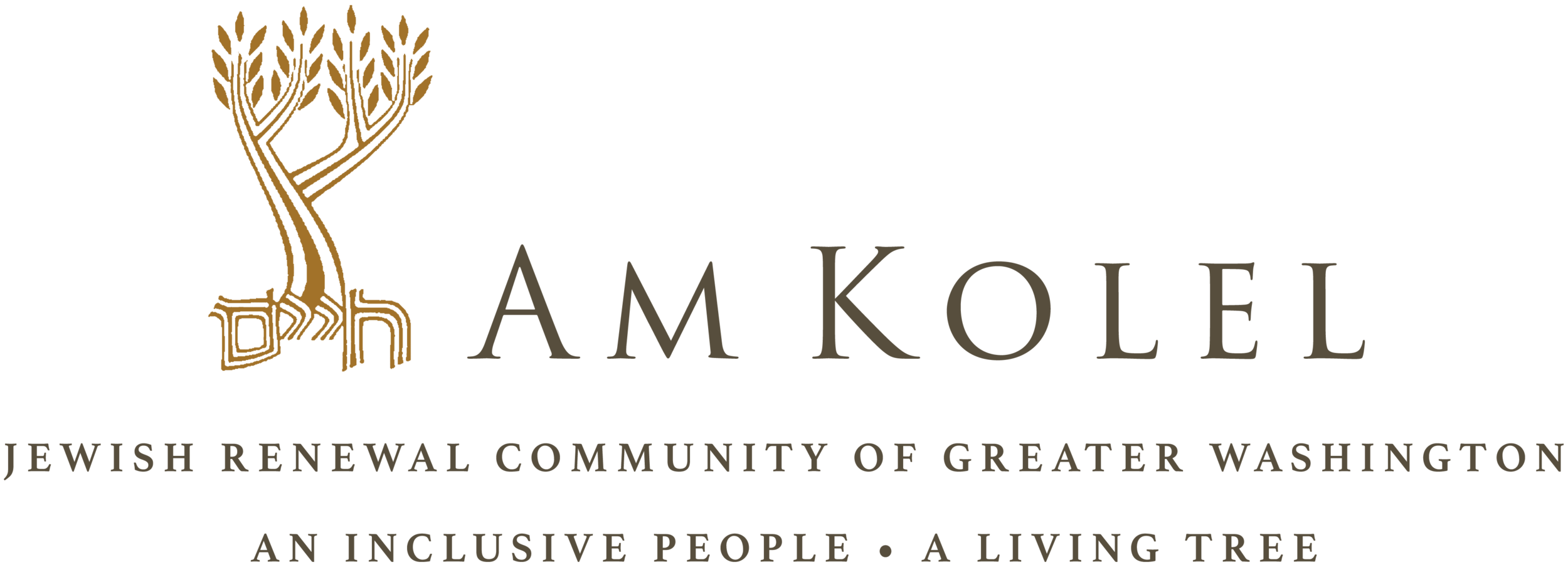The name of the Parsha this week is Korach.
The name of the Parsha this week is Korach. Korach, a close relative of Moses, organized a rebellion to challenge and overthrow Moses’ and Aaron’s leadership.
The rebellion, supported by 250 Israelite leaders, failed. As the sages of the Mishna explain, it failed because the rebellion was “not for the sake of Heaven.” Korach argued that no one person, or in this case Moses and Aaron, should assume exclusive leadership and special privilege, that “ all of the nation is holy and God is in their midst…” (Number 16:3). This seemingly reasonable complaint recalls the Exodus story which states that we are to be “a nation of priests and a holy nation…”.
Korach, disgruntled because Moses did not choose him to lead one of the Levitical clans, uses this altruistic teaching, for his own selfish needs. No where does Korach talk about his intimacy with the Divine or offer a vision for the Israelite people. Interestingly, the name Korach means “frozen.” That gives us a sense of where he’s coming from.
In a contemporary Midrashic insight, I believe that heavenly courts held Hearings to gather the facts about the rebellion and insurrection that Korach and his henchmen tried to carry out. He was found guilty of tearing down the sacred fabric of the Covenant. For that sin, he, his family and his followers were swallowed up by the earth!
Metaphorically, as perennials and certain vegetables are reabsorbed into the earth with the first frost (Kerach-kfor), we have hope that in the future the restricted consciousness of the rebels will give birth to a a new generation. And this is exactly what happens when we hear of Korach’s descendants among the Psalm composers and singers of the Temple!
On this July 4 weekend may we review those teachings and documents that gave foundation to our democracy. May we recognize that modern day Korachs, whether on the Supreme Court, in Congress or elsewhere on the planet, are fermenting strife and not justice and mercy.
May we strive to embrace the qualities of Aaron who “loved peace and pursued it.”
Come for Shabbes,
Reb David
